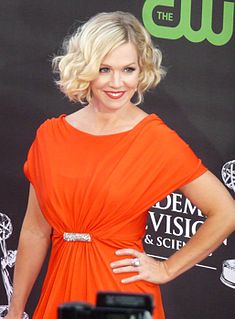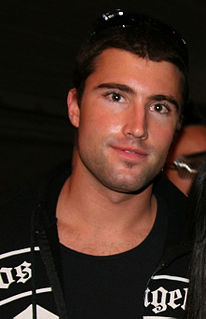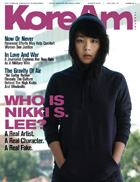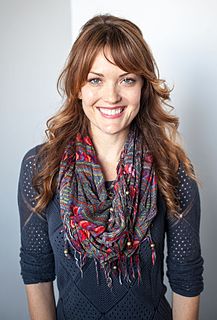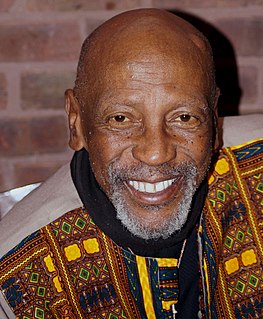A Quote by Hiro Murai
I really enjoy blocking and staging. I think most of visual storytelling is camera placement and how to stage action around the camera.
Related Quotes
I can't separate the process of writing from the visual process. I'm speaking only for myself here, but I'm a highly visual writer. In my imagination, when I'm thinking of a scene, I think of every last detail of it: The space, the color palette, the blocking of the actors, the placement of the camera.
Zooming in, zooming out. I was shocked. I said, "Let's erase this right now, put the camera behind the stage and I'll do the performance just for the camera." He set up everything and I told him to go outside and smoke a cigarette. Come back when I finish. Don't touch the camera. This was the way how I've done most everything after that.
You can put the camera in places where you may not necessarily be able to put it there if I don't do the stunt. If it's character and it's storytelling, then we do it. We design the things around me. I don't do it just to do a stunt. It's storytelling for me and how I can best bring the audience into the action, bring the audience into the story. And that's how we always look at at.
I don't want to carry big things around with me. I'm lazy. The snapshot camera, you just carry it around and take the picture. You don't need to think about anything. People in the street are not going to wait for you with a big camera. They would freak out. With a snapshot camera, they are comfortable.
The camera is one of the most frightening of modern weapons, particularly to people who have been in warfare, who have been bombed and shelled for at the back of a bombing run is invariably a photograph. In the back of ruined towns, and cities, and factories, there is aerial mapping, or spy mapping, usually with a camera. Therefore the camera is a feared instrument, and a man with a camera is suspected and watched wherever he goes... In the minds of most people today the camera is the forerunner of destruction, and it is suspected, and rightly so.





